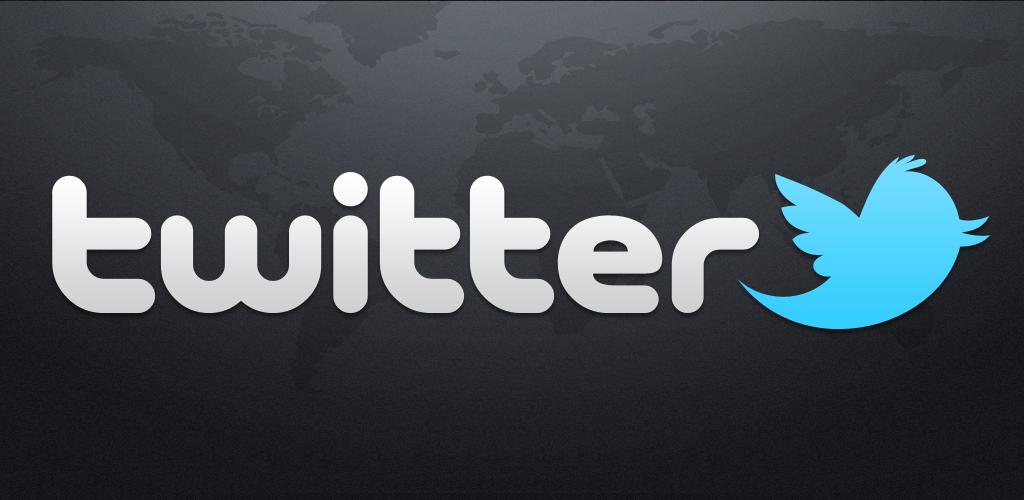It’s national mentoring month in the United States, and a week ago we had national “Thank Your Mentor” day. In light of the occasion and the fantastic opportunities I’ve had in the capacity of both mentor and mentee, I thought I might share a few thoughts on the topic.
To me, a mentor is someone who sees your potential, and cares enough to help you see it and achieve it for yourself. According to John Crosby, “Mentoring is a brain to pick, an ear to listen, and a push in the right direction.”
In some cases, mentors self-select when they see the opportunity. Some mentors are sought out by their mentees. In others cases such as manager/employee, teacher/student or coach/player relationships, circumstances combine to provide a natural mentoring opportunity. Regardless of the “how”, mentoring relationships can be some of the most meaningful and important relationships we have. And that’s because of the purpose or the driving “why” of mentoring. Why do we mentor?
- Because we are moved to action by the potential we see in someone that they may not yet see themselves and want to share that vision.
- Because we are care enough to help the mentee learn that he or she is capable of doing difficult things – things they may not have been aware of, or even thought possible
- Because we know that “doing” leads to “becoming.” Once a mentee gets a glimpse of their capabilities by successfully “doing,” they will have the confidence and drive to “become” according to their potential.
- Because of the satisfaction inherent in giving back in recognition of the help we’ve received along the way.
I have benefited, and still benefit almost daily from the influence of my many mentors. I won’t try to list all of them and how they’ve helped me here, though, as I couldn’t possibly do them or their value to me justice in a simple blog post.
As a single example relevant to this audience, I will share a few facts about my path to business analysis. It might surprise some to learn that I didn’t apply for or even seek my first role as a business analyst. I was a young consultant acting in a quality assurance role, and had shown an ability for communicating with the business stakeholders. Long before I saw it, mentors saw that ability and knew I could grow from an open business analysis opportunity with the same client. Those mentors also knew me well enough to know I am somewhat change resistant – which is why I wasn’t asked, but informed of my role change. If you’ve followed this site for any length of time, you may have caught on to the notion that I have somewhat of an affinity for business analysis and the accompanying skills and techniques that stretch beyond my professional career. And I have mentors to saw my potential and were willing to push me in the right direction to thank. I couldn’t be more grateful.
So, what are just a few things a mentor can do? If you’d like to be a mentor, or a better one, consider this list as things you might be able to do. If you wished someone would do these types of things for you, you might consider forging a relationship with a mentor – whether formal or informal.
- Invite a mentee to take opportunities to stretch beyond current comfort zones
- Provide encouragement, and a vision of the desired future state
- Provide advice and options, but try not to give all the answers. The goal is to help the mentee gain confidence independent of the mentor
- Put the mentee in contact with other potential peers and mentors
- Help the mentee create a personal mission statement and core values
- Help the mentee create goals
- Gain permission to hold the mentee accountable for their efforts to grow – or lack thereof
While you’re definitely find more thorough articles and even books on the topic, I hope you’ll derive some benefit from these few, brief thoughts on mentoring. My parting counsel would be to actively seek out mentors and opportunities to mentor as both can be among the most rewarding relationships we’ll have.






Very good post. I will be experiencing some of these issues as well..